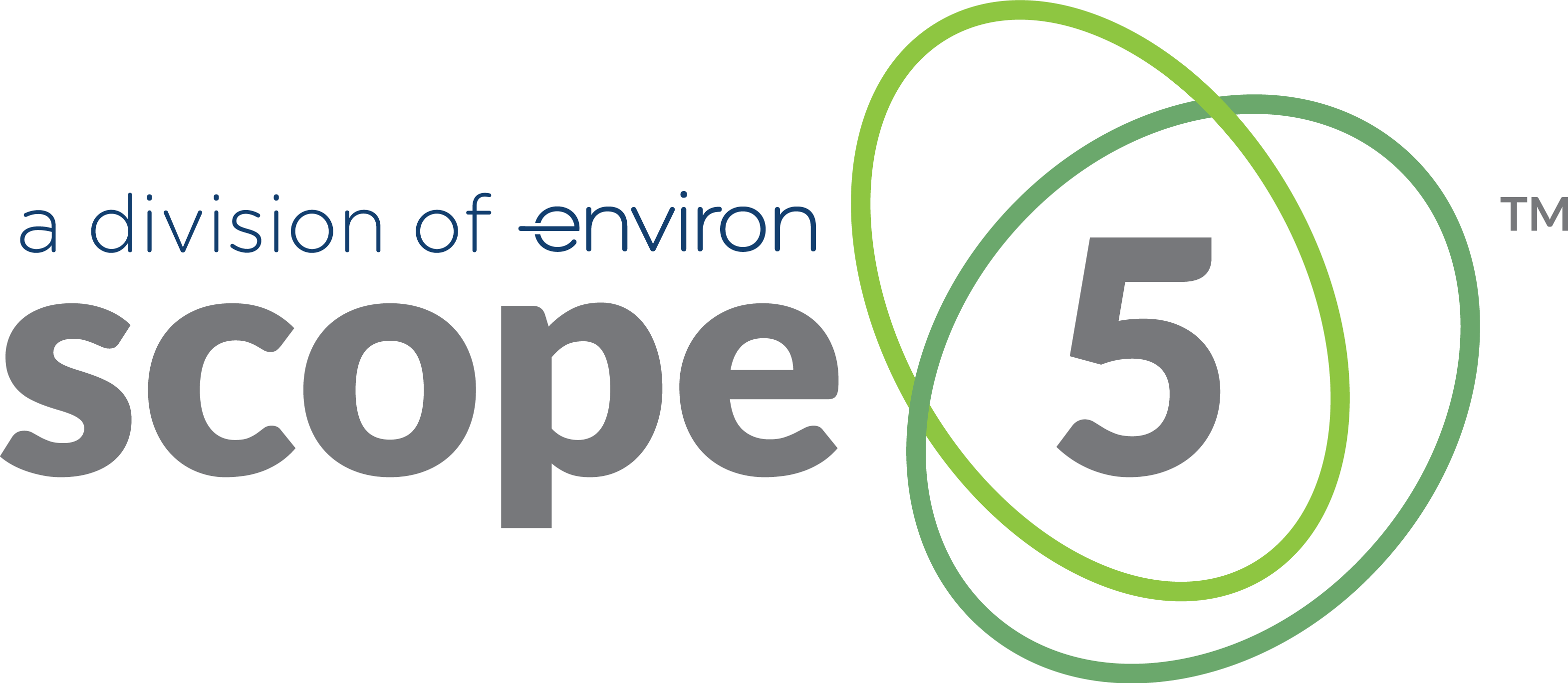It doesn’t take long for sustainability managers to discover that unforeseen opportunities and expectations to evolve their organization’s program – such as submitting new reports, or tracking more categories of data – are inevitable. Precautions make it easier to welcome the unknown.
A recent study from KPMG addressing ten sustainability megaforces emphasizes that “companies need to develop resilience and flexibility for this unpredictable future and build capacity to anticipate and adapt.” These megaforces will impact every business over the next 20 years, and “act as a complex, unpredictable system.“
We at Scope 5 regularly observe examples of the need cited by KPMG to prepare for an unpredictable future. All of our software service customers naturally started managing their sustainability data using spreadsheets. As their goals and efforts evolved, spreadsheet-based tools became increasingly inefficient and constraining. Thus their motivation to shift to a more adaptable solution.
Let’s face it. Improving upon data management is not a prospective use of time and resources that most sustainability managers relish. This perspective is shifting with experience and with the realization that the benefits of taking action early will help minimize inevitable program growing pains.
